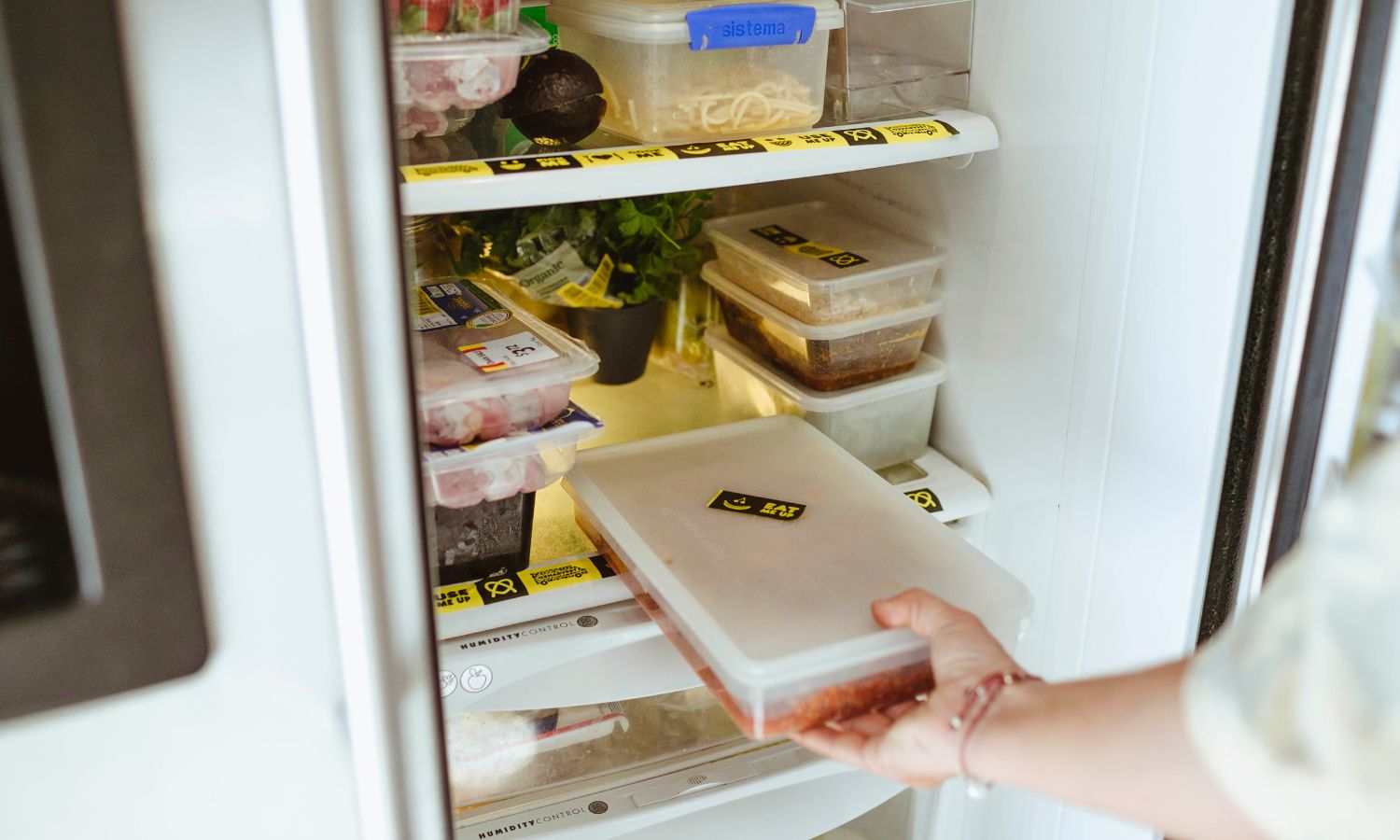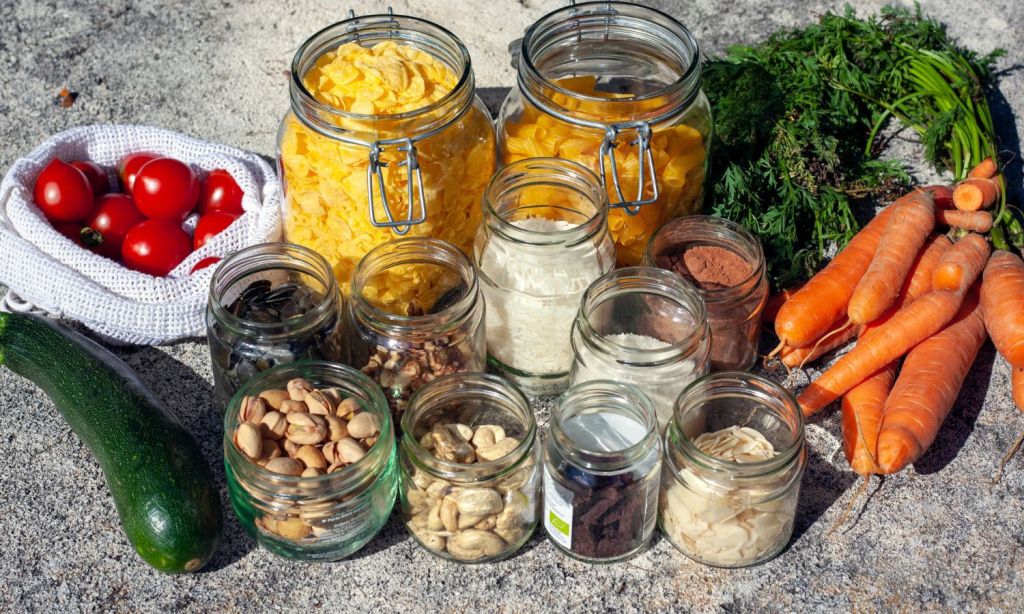70% of household food waste is perfectly edible. That’s the most startling stat Ruby Wake, Sustainability Manager at OzHarvest says she’s ever come across.
“It’s hard to believe and there’s so many reasons that good food ends up in the bin — confusion over expiry dates, forgetting about food in the fridge or simply buying or preparing too much in the first place,” says Wake.
“Households are throwing away, on average, 1 in every 5 shopping bags worth of food, costing upwards of $2500 a year. There are huge opportunities to save money by reducing food waste.”
So, with that in mind, what are some things we can do to cut down on food waste in our homes?
Use the Right Containers
Containers storing food must be sealed tightly to avoid contamination from other foods in the fridge. Opt for containers that are slim so they can easily be stored and don’t take up a lot of space. Also, if possible, go for glass containers, as they’re more durable (and you can also clearly see what’s inside!).
They’re also less likely to absorb and transfer flavours, unlike plastic. Though they’re often more expensive, they should be considered an investment as they’ll last longer than the plastic alternative.

Make Sure You Can See All Your Food
Visibility is key when it comes to reducing household food waste. We’ve all been guilty of forgetting about fresh food that’s been pushed to the back of the crisper. Make sure you’re using the common compartment drawers and putting leftovers in clear containers, so you don’t find them weeks later hidden behind the milk. Keep groceries that are near their expiry date towards the front of the fridge so they can be easily seen and not forgotten.
Use ‘Use It Up’ Tape
OzHarvest has a roll of tape called ‘Use It Up’ that you can use to put on items in your fridge to remember to use them in your cooking or snacking. You can order the tape online for free, with a small cost for postage.
Store Your Food Quickly
Storing your food or leftovers quickly in the fridge or freezer after preparing it or finishing eating should be a priority. This decreases the chances of harmful bacteria spreading, particularly in meat products where food poisoning can be high if not carefully looked after.
Keep Your Food Fresher For Longer
Ensure you’re storing different foods in the correct compartments as each has different temperature zones — lower shelves for eggs, dairy and meat, and doors for foods that are most resistant to spoiling such as condiments and juices. Some fridges have handy features that’ll keep fruit and veg fresh for longer, like Mitsubishi Electric’s Humidity Drawer, which has adjustable temperature control and a lighting system specially designed to slow down the wilting process.
Freeze Food
Place food that you won’t be eating in the next three days in the freezer to maintain freshness. Fresh vegetables are only likely to last two to four days in the fridge but can last up to three months in the freezer.
Related: Your Qantas In-Flight and Lounge Meal Is About to Get That Much Tastier
Related: Hate People? Qantas Will Now Let You Book the Seat Next to You So You Don’t Have to Rub Elbows
Read more stories from The Latch and subscribe to our email newsletter.

